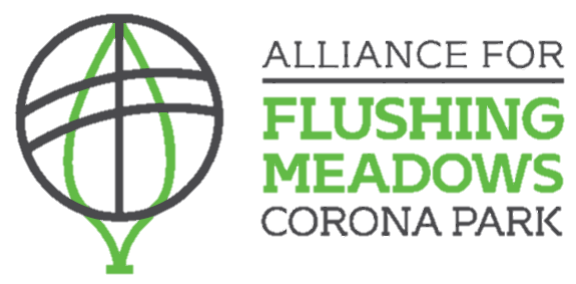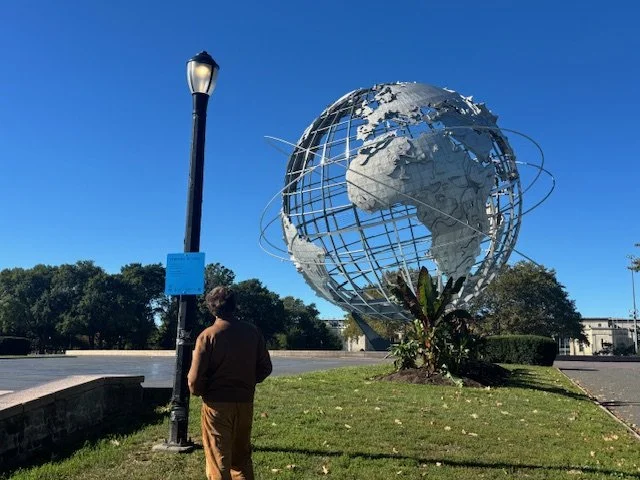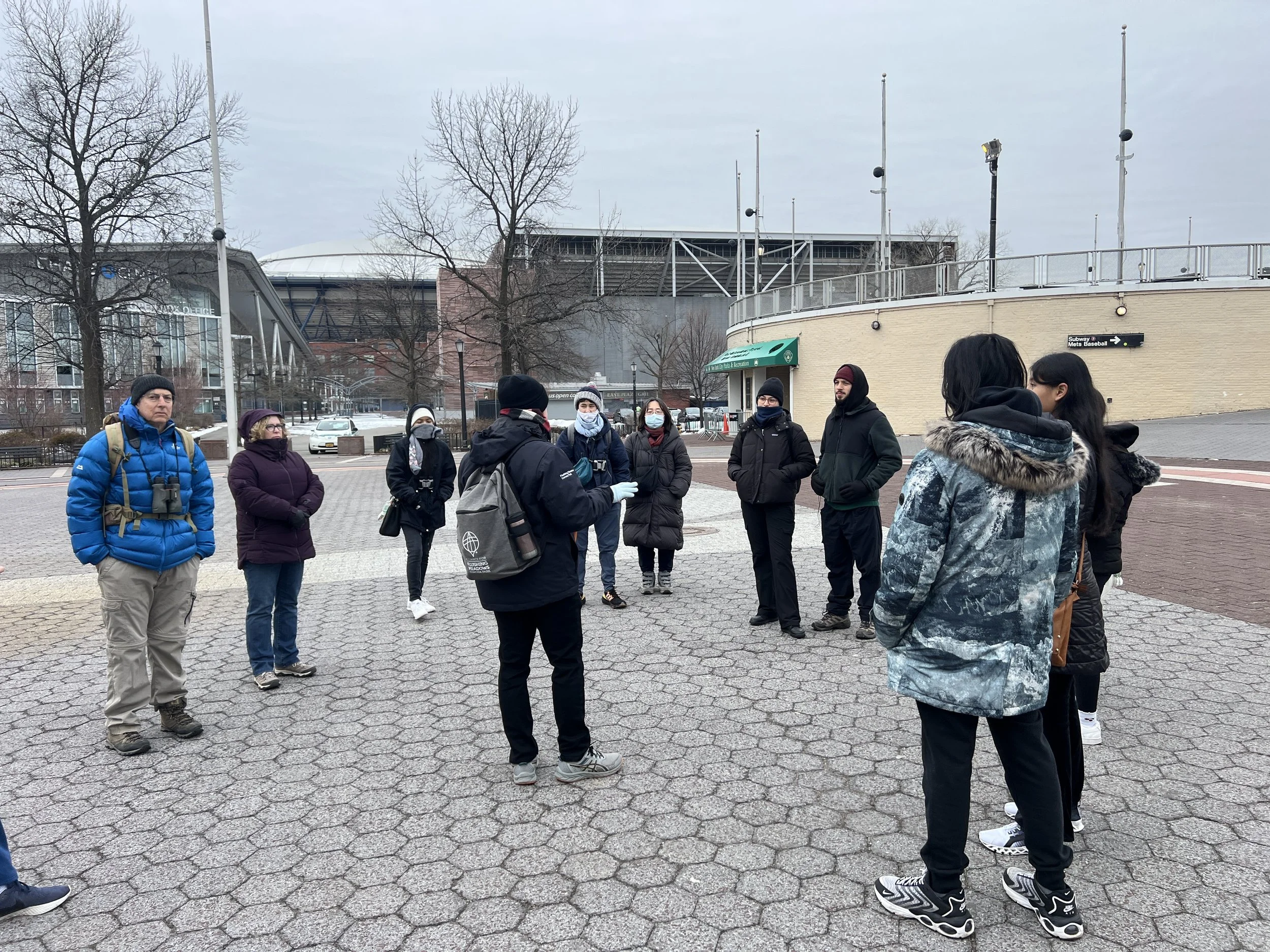FMCP in the News!
/As the largest park in Queens and the site of New York City’s iconic World’s Fair heritage, there is a lot to talk about in Flushing Meadows Corona Park!
We continually update this page to let our community and the Queens-curious know more about all the incredible things happening in our nearly 900 acres of natural areas, pathways, cultural institutions, water bodies, athletic facilities and more.
Check out some recent coverage of FMCP:
Alliance for Flushing Meadows Corona Park Announces New Poetry Trail | QNS
Flushing Meadows Corona Park Becoming a Neglected Treasure | WCBS
FMCP Allies Rally for Equitable Funding | Queens Chronicle
The Nets Are Up in Flushing Meadows. But Not for the Sport You Think | New York Times
A Plan to Prevent Flooding in Flushing Meadows Corona Park | NY1
Queens Night Market Celebrates 10th Anniversary in Flushing Meadows Corona Park | QNS
On Queens Soccer Fields, Immigrants Find Each Other and a Sense of Home | New York Times
A Nicer Park, But Not Too Nice | New York Magazine
A Park That Floods Every Time it Rains | New York Times
New Beginning is in Sight for the Pavilion | Queens Chronicle
If you are interested in writing about Flushing Meadows Corona Park or want to learn more about the work of the Alliance, reach out to our media contact:

































